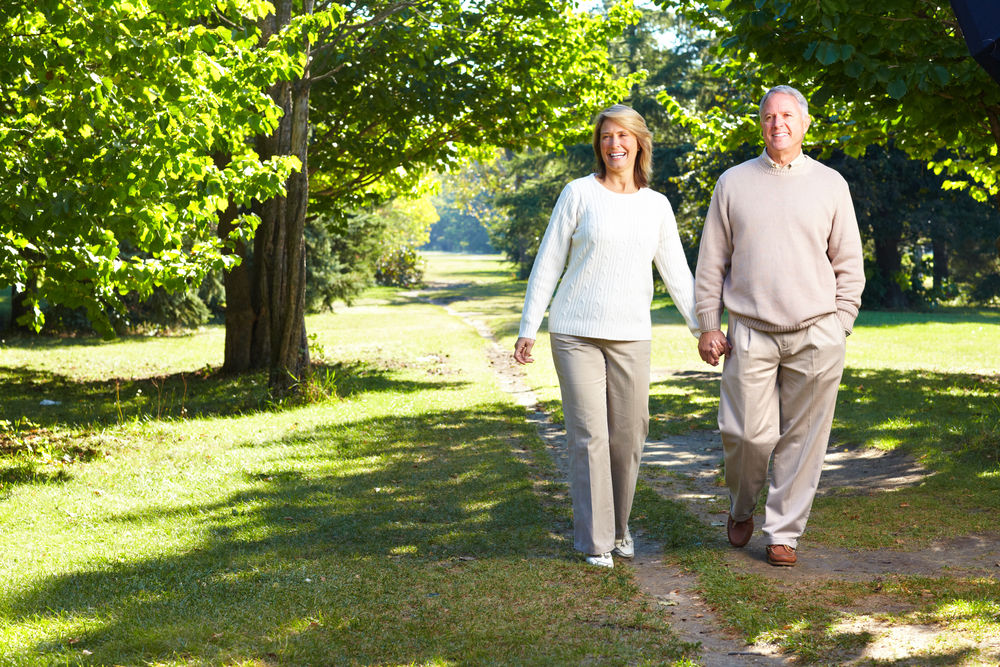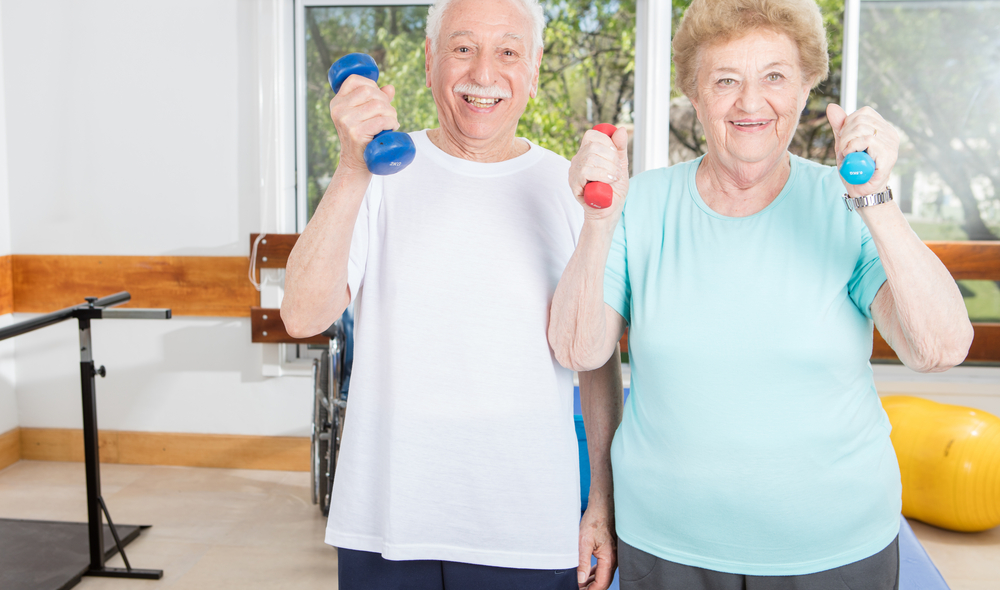Unexpected changes from one-hour walking
 Perhaps you will think that walking is a simple exercise that it won’t do many changes to the body. However, it’s reported that a series of positive physiological changes will occur to our body when walking for an hour.
Perhaps you will think that walking is a simple exercise that it won’t do many changes to the body. However, it’s reported that a series of positive physiological changes will occur to our body when walking for an hour.
1 ~ 5 min
The first few steps could lead to the release of energy-generating chemicals from cells, which will provide energy for the walk. The heart rate reaches 70-100 times/min, and blood flow increase while the muscles get warm. In this 5 minutes, the body burns 5 kcal/min of calories, 5 times more than when keeping static state. At the same time, the body began to get more fuel from carbohydrates and fat storage to support the walk.
6~10 min
Heart rate increased to about 140 times per minute. With the pace of speed accelerates, the body burning calories reaches 6 kcal per minute. Blood pressure will rise slightly, but the body will release chemicals to expand the blood vessels offset this potential danger. More blood and oxygen will be continuously transported to the working muscles.
11~20 min
The body temperature keeps rising and the blood vessels near the skin dilate to release heat, and you will start to sweat. With the brisk pace, the body burns calories per minute will reach 7 kcal, at this point, breathing may become a little bit difficult, meanwhile, adrenaline and glucagon secretion of hormones increase in order to transport energy for the muscles.
21~45 min
You will feel energetic at this stage, with the release of body tension, the brain will release endorphins which will make people feel good and relaxation feel begins to overwhelm you. As more fat is burned, the amount of insulin secretion begins to decline, which is excellent news for people who are overweight or diabetic.
46~60 min
Almost finished a walk for 1 hour, your muscles may feel tired due to the decrease in body carbohydrate storage. The heart rate and breathing will slow down as you calm down. The burning heat will gradually decrease and this high-heat state will remain as long as one hour.


